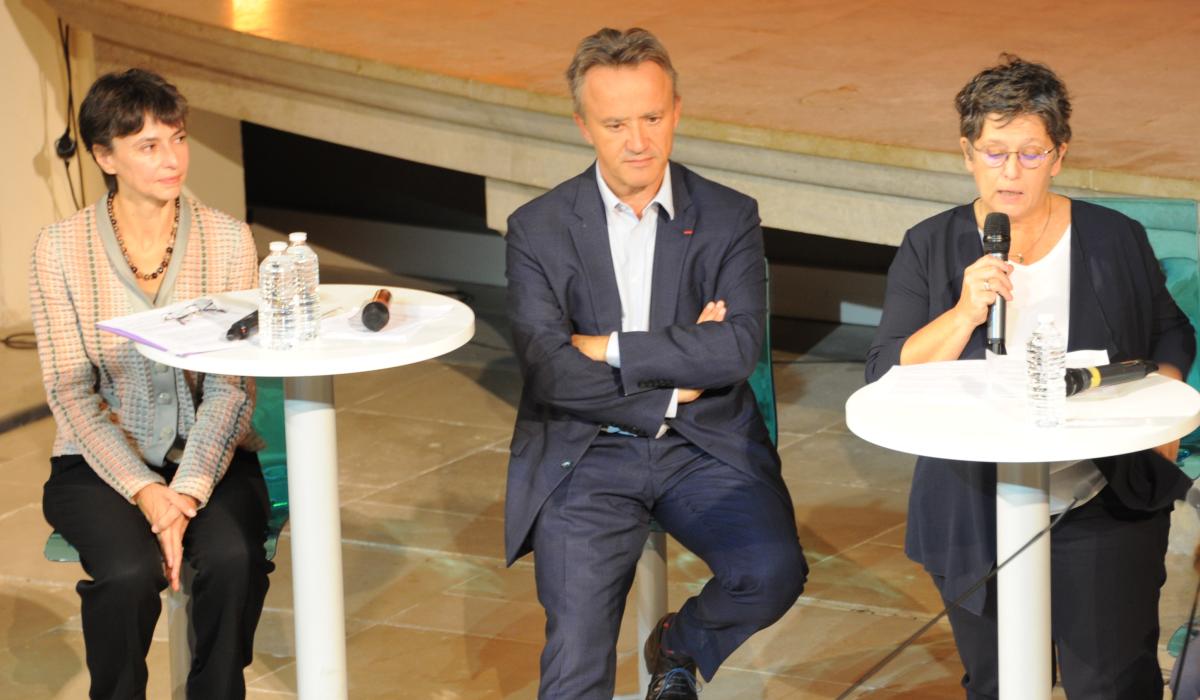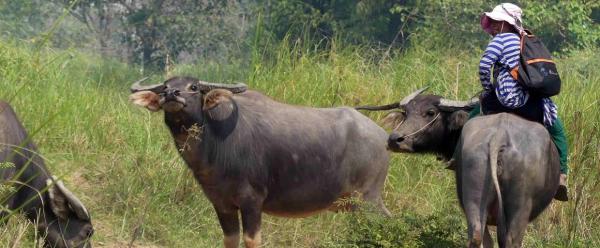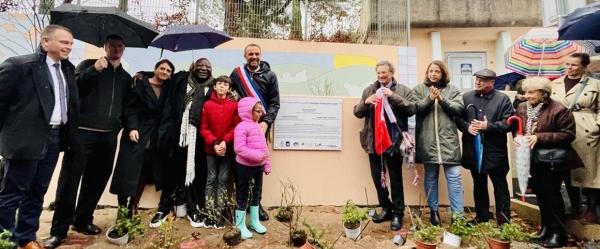- Home
- Press area
- Press releases
- First General Assembly of PREZODE
The PREZODE initiative, a promising international cooperation

Surveillance of animal health, Zimbabwe © Angela Jimu
Eighteen months after its launch, the PREZODE (PREventing ZOonotic Disease Emergence) initiative is implementing its first operational and scientific programmes. Its first General Assembly on 11 October 2022 took stock of the actions undertaken and established the roadmap for the next steps.
An increasing cooperation that already associates more than 160 members and 14 countries
Three countries just announced their membership to the initiative. Guinea Conakry, Madagascar and Morocco join a group of signatory countries already comprising Belgium, Cambodia, Costa Rica, Dominica, France, Haiti, Mexico, Senegal, Uruguay, Vietnam and Zimbabwe. To date, the PREZODE community encompasses more than 160 members from scientific, academic, and associative backgrounds, among others.
A strategic agenda focusing on preventing the emergence of zoonoses, developed through a co-construction process
The strategic, scientific and operational agenda has been built through an inclusive co-construction process. It sets up the roadmap for the initiative to improve the prevention of emerging risks. PREZODE's scientific approach is based on the consolidation of the results of thirty regional and national workshops, which involved more than 1800 stakeholders (researchers, village communities, associations, companies, local and national decision makers, and national and international networks) from 128 countries. The transcription of the needs identified during the co-construction workshops resulted in a remarkable synthesis, shaping the PREZODE strategic agenda. The framework of this innovative prevention strategy is based on five pillars:
- Pillar 1: Understand zoonotic risk and risk practices
- Pillar 2: Co-design solutions to reduce zoonotic risk
- Pillar 3: Strengthen early warning systems
- Pillar 4: Prototype a global information system for surveillance and early detection
- Pillar 5 (cross-cutting): Foster stakeholder engagement and co-design of One Health networks and policies. It promotes dialogue between scientists, researchers and decision-makers.
The sound collaboration of INRAE - CIRAD - IRD behind a leading international initiative
The presidents of the three institutes praised the committed work of their teams within the Interim Secretariat. French research rallied worldwide partners around its knowledge of the One Health approach acquired over the last twenty years. Philippe Mauguin, Chairman and CEO of INRAE, Elisabeth Claverie de Saint Martin, President and CEO of CIRAD, and Valérie Verdier, President and CEO of IRD, recalled the ambition to respond to global public health issues, in a context where more than three quarters of emerging diseases are of animal origin. They congratulated the assembly for building such a large-scale initiative in a short time:
"This first General Assembly marks the operational launch of PREZODE, with a strategic agenda for the next ten years. The governance, now validated by the members, sets a structured framework for international cooperation and the scientific approach. The principle of co-construction has highlighted that the One Health approach is imperative for effective prevention of zoonotic risks, to tackle emerging diseases of animal origin with epidemic and pandemic threats.”
Well-structured governance
Five bodies structure PREZODE’s governance: two decision-making bodies - the General Assembly and the Steering Committee - and three advisory bodies - a Scientific Council, a Donor Committee and an Ethics Committee. An Operational Secretariat coordinates the activities. These bodies will be set up in the first half of 2023. A call for experts for the Steering Committee and a call for expressions of interest for the Operational Secretariat have been opened.
A first WHO - PREZODE joint working group to develop indicators of risk of emergence
WHO and PREZODE have announced the creation of a joint working group to establish a frame of indicators to quantify the risk of zoonotic disease emergence.
Risks of emergence depend on multidimensional and multifactorial interactions: biological, socioeconomic, climate, land use, diversity of pathogens, animal husbandry, animal trade, surveillance networks, etc). It is therefore important to establish a precise and rigorous framework to collect, complete and synthesize data from the existing scientific literature and to translate them into indicators. This list will serve as a detailed framework for evaluating the impact of prevention strategies and making the One Health approach operational. The PREZODE initiative is the ad hoc scientific partner to carry out this work. The call for applications is being launched.
The establishment of this joint group acknowledges the quality of the work accomplished in 18 months by the PREZODE initiative and its close links with the quadripartite organizations - WHO (World Health Organization), FAO (Food and Agriculture Organization), WOAH (World Organisation for Animal Health) and UNEP (United Nations Environment Programme).
The operational programmes
The first field and research programmes specific to the PREZODE initiative are currently being launched. The endorsement scheme, allowing other projects or programmes to build synergies within the initiative, will soon be operational. Two programmes, funded by France, have begun their first activities. The first, undertaken with the Agence Française de Développement (AFD), mobilizes €30 million divided into three equal tranches, deployed over three years (2022, 2023 and 2024). The second, a research programme, will soon be implemented within the framework of the “Emerging Infectious Diseases” Acceleration Strategy, with funds from France 2030, for a budget of €30 million.
PREZODE is an international initiative promoting prevention, early detection, and resilience to rapidly respond to emerging infectious diseases of animal origin. An acronym for Preventing ZOonotic Disease Emergence, it fosters multilateral collaboration with and between countries and other initiatives, to improve ecosystem management and strengthen surveillance, with a multi-actor dynamic, thus maximizing impacts.
The PREZODE initiative is based on a One Health approach, linking human, animal and environmental health. It aims to build a research framework to understand macro processes and drivers leading to zoonosis emergence in a context of global changes. It enables the implementation of publicrisk-reduction policies and actions to reduce pandemic risks. It facilitates knowledge sharing and is a resource centre for decision makers, while ensuring food security and livelihoods for the poorest communities. PREZODE was launched in January 2021, during the One Planet Summit on Biodiversity.




























